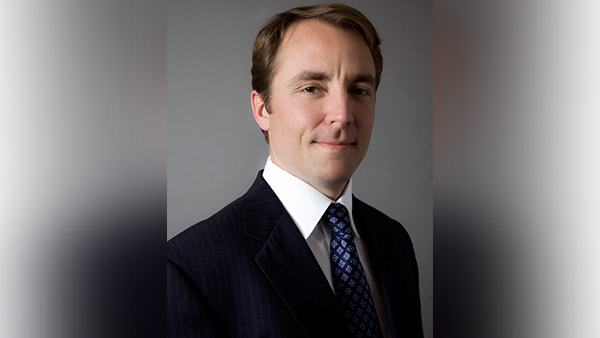

NOT FOR REPRINT
Meb Faber Uncovers, Again, the Best Investment Writing
Q&A August 29, 2018 at 06:03 PM
Share & Print

NOT FOR REPRINT
© 2025 ALM Global, LLC, All Rights Reserved. Request academic re-use from www.copyright.com. All other uses, submit a request to [email protected]. For more information visit Asset & Logo Licensing.





